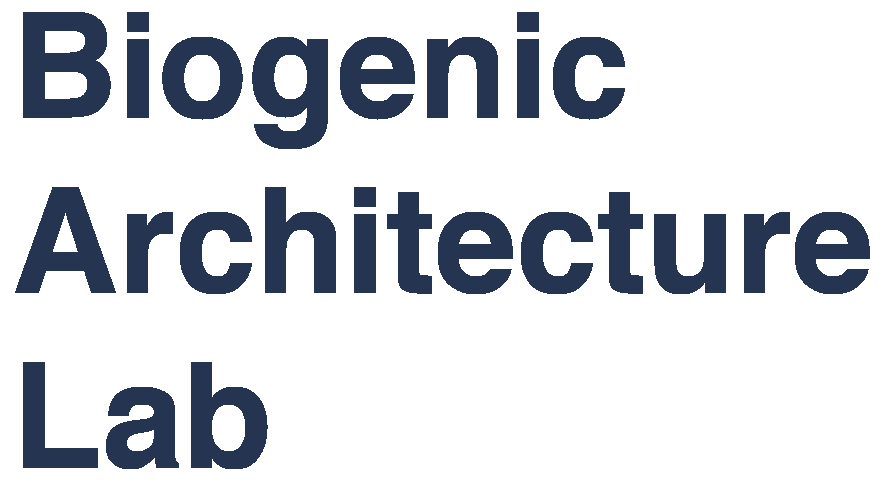About
Associate Professor Joseph Dahmen founded the Biogenic Architecture Lab in 2021, building on 20 years’ experience on design with next-generation low carbon architectural materials. The Lab maintains facilities at the Centre for Interactive Research on Sustainability (CIRS) building and in the Lasserre Building at the University of British Columbia School of Architecture and Landscape Architecture. We collaborate frequently with Dr. Steven Hallam at UBC Microbiology and Immunology. Biogenic Architecture Lab projects are supported by federal TriCouncil and provincial funding, as well as industry sponsors. The lab was established with initial funding from the Accelerating Circular Economy program at the Pacific Economic Development Agency of Canada.
Affiliation & Sponsorship
We are grateful to the following organizations for supporting research at the Biogenic Architecture Lab:
Natural Resources Canada
National Science and Engineering Research Council
UBC Sustainability Campus as a Living Lab
TriCouncil New Frontiers in Research Fund
UBC BioProducts Institute
MITACs Accelerate
Materials and Manufacturing Research Institute
UBC Botanical Garden
UBC School of Architecture and Landscape Architecture
-
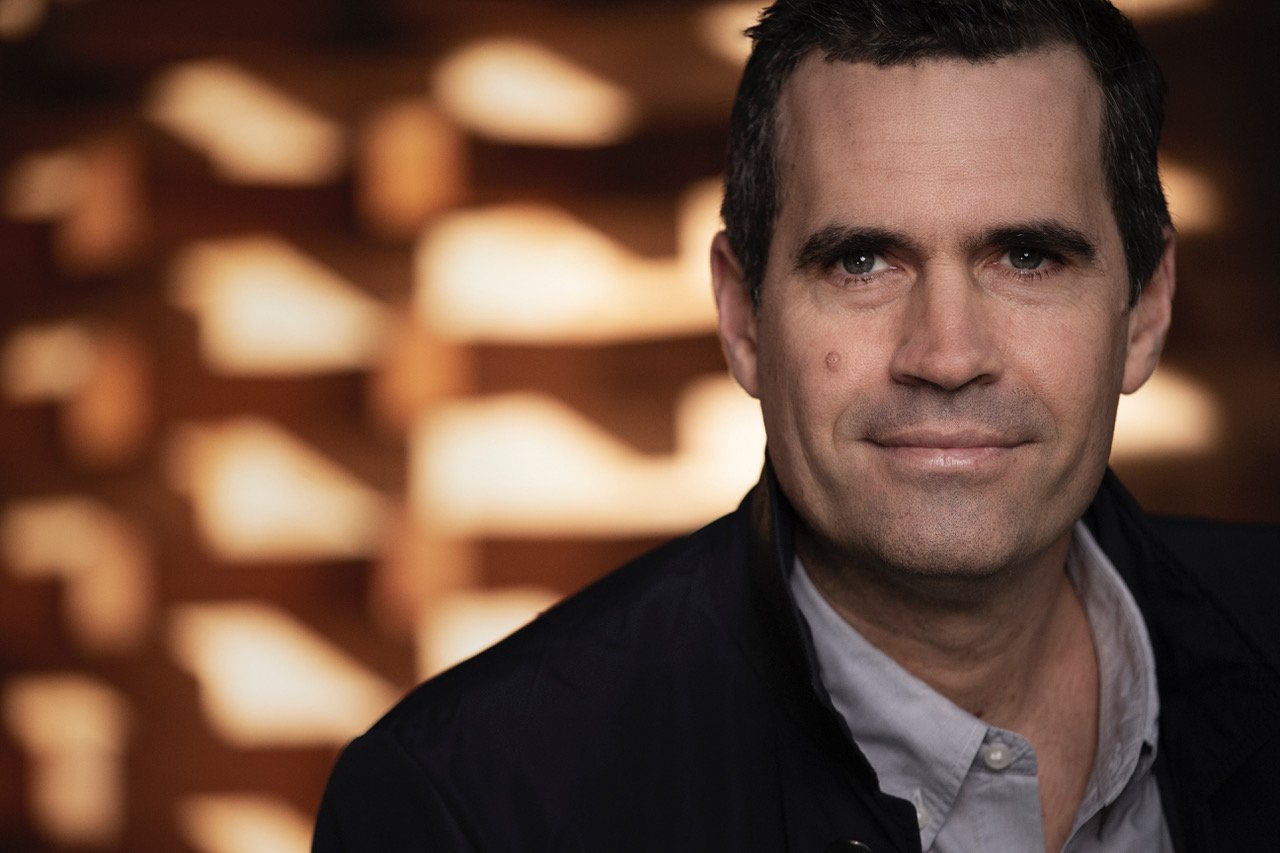
Prof. Joseph Dahmen
ASSOCIATE PROFESSOR, UBC SCHOOL OF ARCHITECTURE AND LANDSCAPE ARCHITECTURE
CHAIR, BACHELOR OF DESIGN IN ARCHITECTURE, LANDSCAPE ARCHITECTURE AND URBANISM
Joseph Dahmen founded the Biogenic Architecture Lab at UBC in 2021. He is an expert on low carbon materials for architecture. He is a member of the BioProducts Institute at UBC and a Research Pillar Lead at the Materials Manufacturing Institute, where he is on the steering committee of Accelerating Circular Economy. He has been an Early Career Scholar and a Wall Scholar at the Peter Wall Institute for Advanced Studies. Prior to joining the faculty at UBC, he co-founded two startups and served as Director of Sustainability at Watershed Materials LLC, a Bay Area developer of alkali-activated soil-based low carbon masonry materials.
-

Dr. Steven Hallam
PROFESSOR, UBC MICROBIOLOGY & IMMUNOLOGY
CO-DIRECTOR, ECOSCOPE
Dr. Steven Hallam is the ECOSCOPE co-director and a part of the Department of Microbiology and Immunology at UBC. Dr. Hallam co-directs the ECOSCOPE innovation ecosystem consisting of an NSERC CREATE industrial stream training program, a research network, a core facility for high-throughput biology and a curriculum development initiative in data science (EDUCE). His research focuses on the creation of functional screens and computational tools that reveal hidden metabolic powers of uncultivated microbial communities.
-
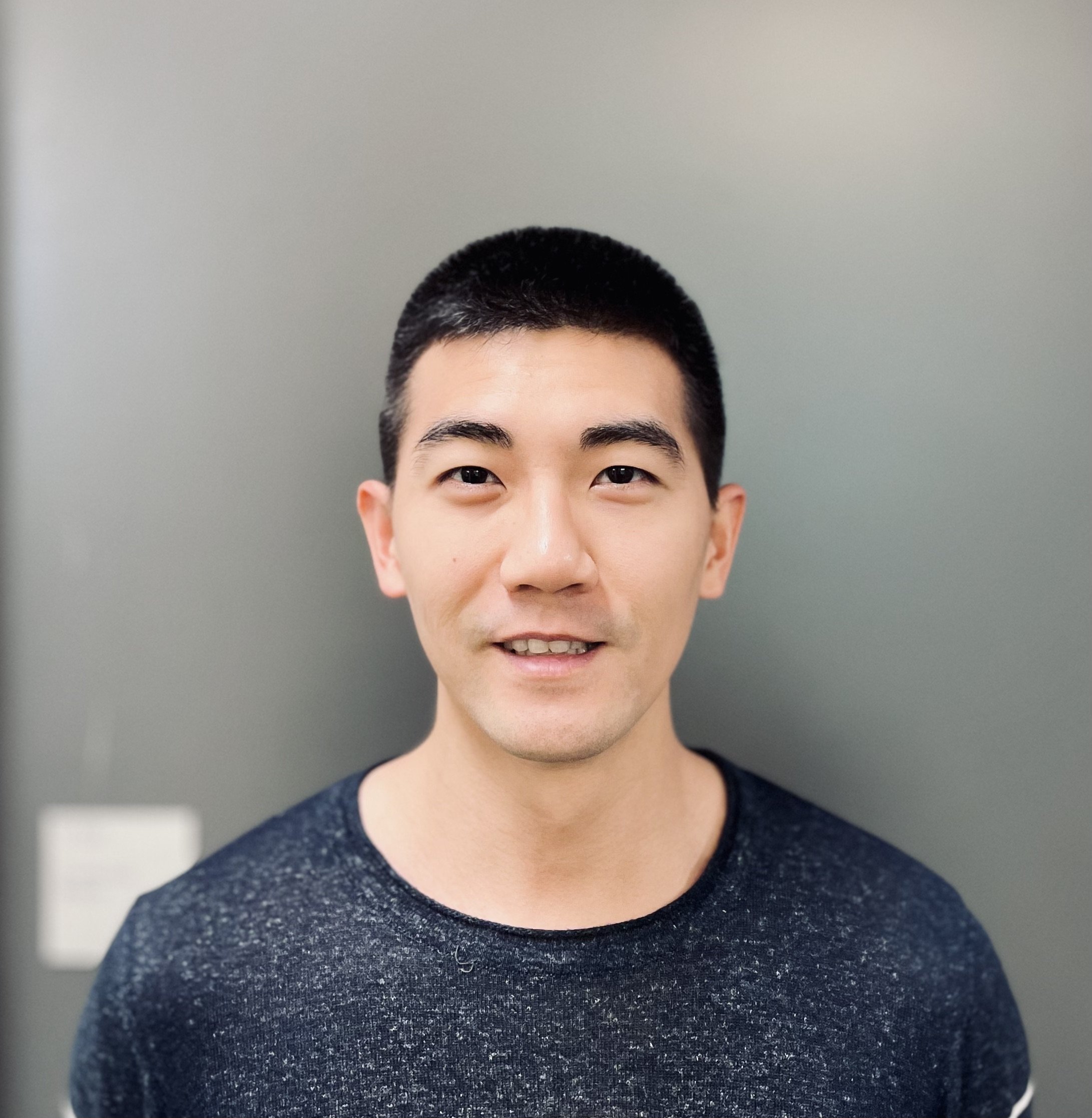
Dr. Nicholas Lin
NSERC POSTDOCTORAL FELLOW, 2025-2027
Dr. Nicholas Lin is a research biotechnologist working at the interface of biofabrication, nanotechnology, and cell-surface interactions, and design. He earned his B.Eng. in 2016 and his Ph.D. in 2023, both from the Department of Chemical Engineering at McGill University (Montreal, Canada). Nick is currently developing 3D bioprinting technologies for the fabrication of architectural biocomposites, a collaborative project between the Biogenic Architecture Lab and UBC Microbiology.
-

Juan Santana
PhD CANDIDATE, UBC MICROBIOLOGY
Juan Santana is a doctoral student in the Hallam Lab at UBC interested in the study of microorganisms and their potential to mitigate environmental challenges caused by human activities. Currently, he collaborates with researchers at the Dahmen Lab to assess the potential of mycelium-based composting toilets (MycoToilet) in eliminating fecal coliforms present in human waste. Using high-throughput sequencing and multivariate statistics, Juan delves into aerobic degradation within MycoToilets, advancing our understanding of sustainable sanitation solutions.
-
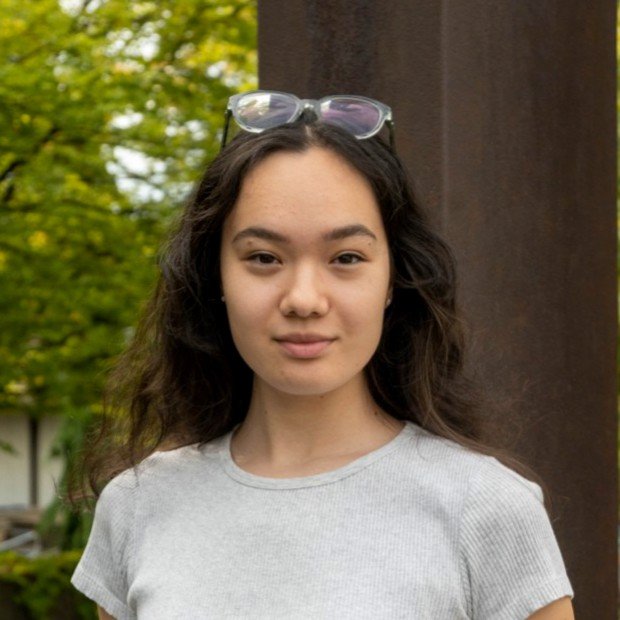
Christy Anna Chung
M.Arch Candidate, UBC
-
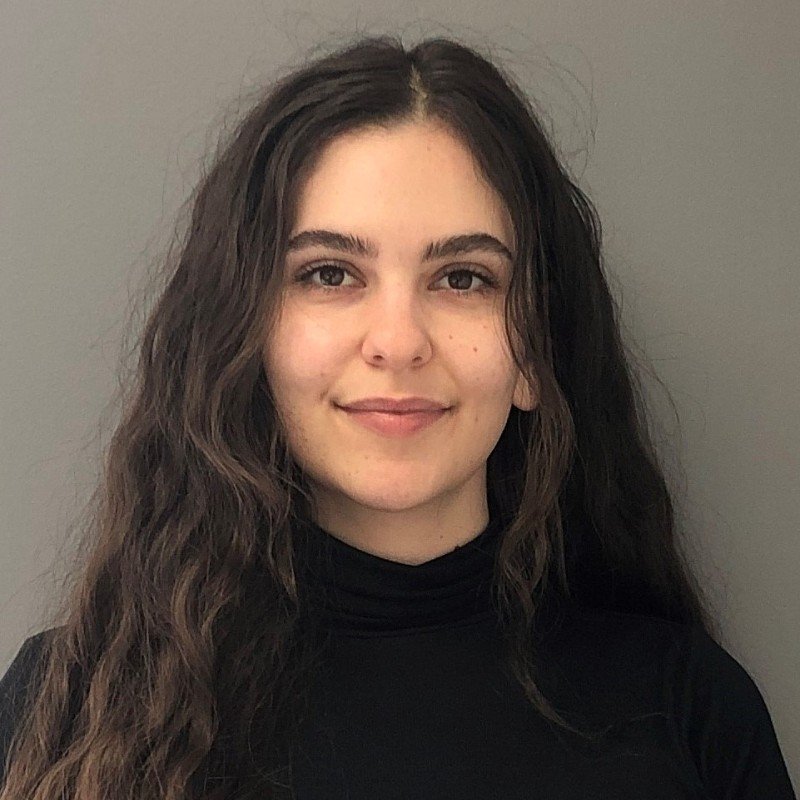
Jami Holden
M.Arch Candidate, UBC
-

Jennifer Lara Rodriguez
UBC INTERNATIONAL SCHOLAR & BACHELOR OF DESIGN CANDIDATE
-
Biogenic Architecture Lab Alumni
Alireza Makoei, M.Arch, MASA
Isobel McLean, M.Arch
Lorena Polovina, M.Arch, P.Eng, CPHD
